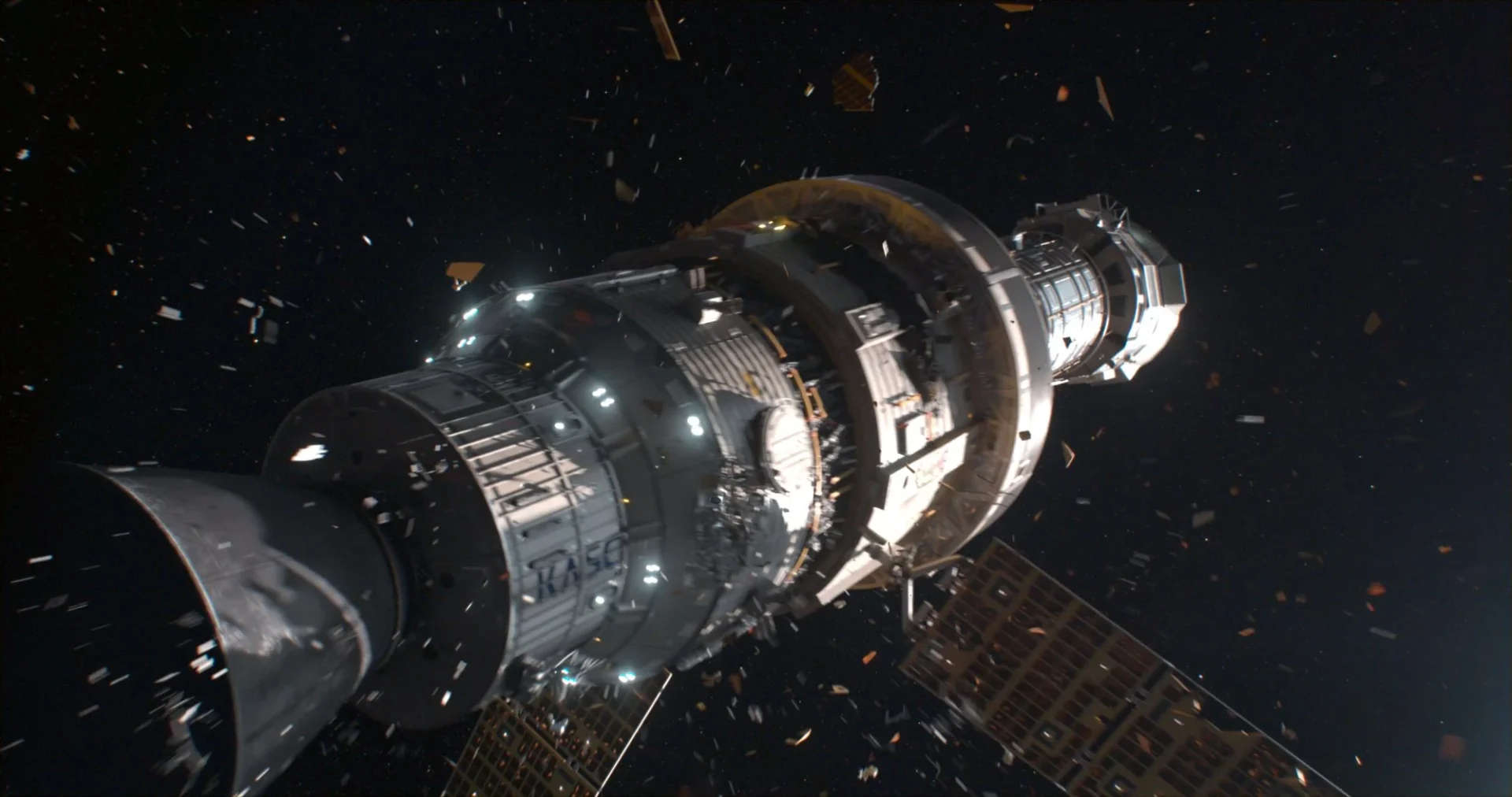South Korea’s rise in the entertainment sphere is undisputed, with genres ranging from romance to thriller seeing global acclaim. However, the domain of profound and contemplative science fiction remains somewhat uncharted for Korean cinema.
Despite several big-budget attempts in recent times, Korean filmmakers have often deviated from the core essence of science fiction, which revolves around speculating the mysteries of space, confronting dystopian scenarios, or delving deep into futuristic technologies. Instead, many of their films default to the well-trodden path of emotional family dramas, leaving the audience with a sense of unfulfilled promises.
A case in point is director Kim Yong-hwa’s film “The Moon,” where the lead character, Sun-woo, played by Doh Kyung-soo, portrays a novice astronaut. Stranded alone on the moon following a solar flare mishap, the film’s narrative had the potential to be a riveting survival story. However, instead of focusing on the profound loneliness of space or the intricacies of survival in an alien environment, the story meanders into familiar territories of emotional drama.
The movie’s obvious inspirations from notable Hollywood sci-fi films like “Gravity,” “Ad Astra,” “Interstellar,” and notably “The Martian,” could have set a benchmark. “The Martian,” directed by Ridley Scott, exemplified the essence of science fiction, emphasizing the protagonist’s resourcefulness in a hostile environment and his reliance on scientific knowledge. This riveting story of survival not only won the audience’s admiration but also Oscar nominations.
On the contrary, “The Moon” overlooks these core elements, presenting Sun-woo as unprepared and naive. His inexplicable selection for such a vital lunar mission raises eyebrows. Rather than focusing on his daunting situation or the cerebral task of a rescue mission, the film gets mired in conflicts between higher-ups on Earth, highlighting the discord among authorities more than the actual crisis in space.
Furthermore, Sun-woo’s overt dependence on his Earth-bound seniors and their tumultuous dynamics, especially the reintroduction of a formerly disgraced flight director, Sol Kyung-gu, detracts from the central plot. The narrative often appears inconsistent, with moments that can be deemed illogical or even inadvertently offensive.
It’s a disappointment to witness such a story, brimming with potential, be diluted with unnecessary melodrama. The film ends up sending an unfortunate message about the younger generation’s alleged incompetence and their reliance on their seniors, setting a pessimistic tone for the future of Korean science fiction.
For Korean cinema to shine in the realm of science fiction, filmmakers need to step out of their comfort zones, exploring the unknown with authenticity and steering clear from overdramatized narratives. Only then can they truly conquer this genre and provide the audience with the thought-provoking content they desire.
READ MORE:
